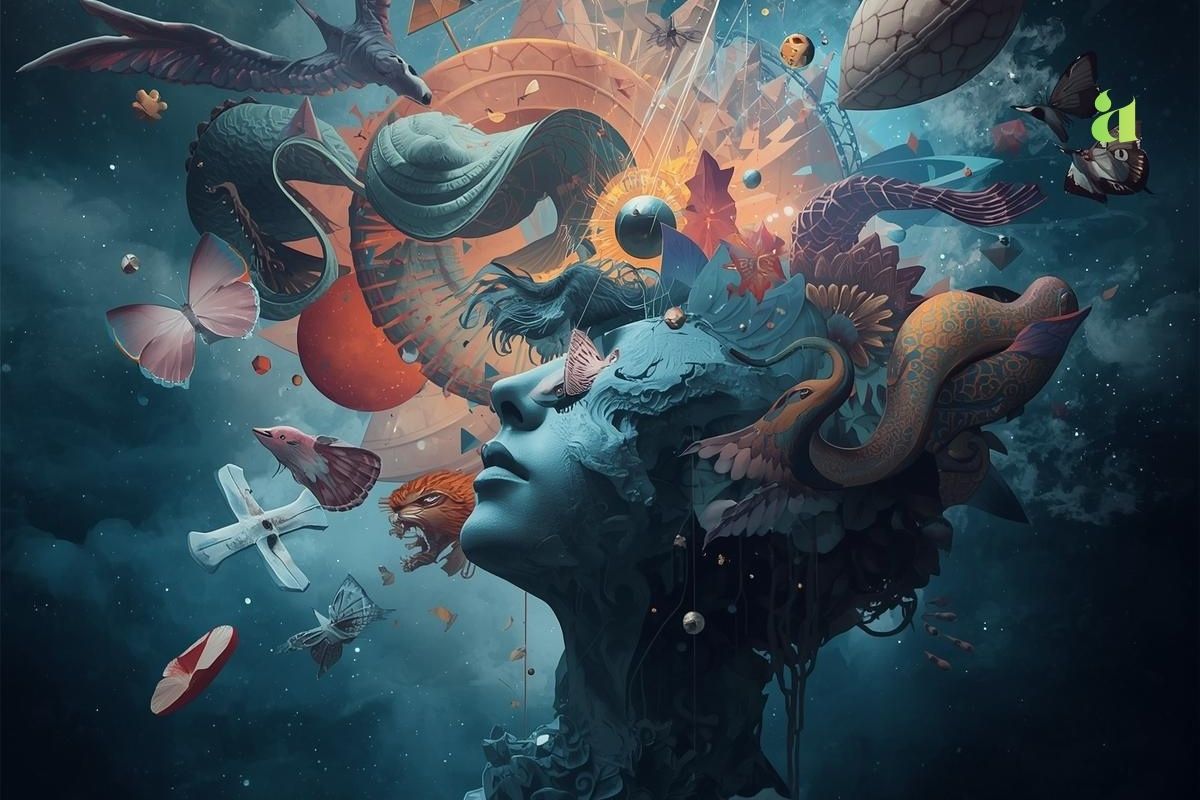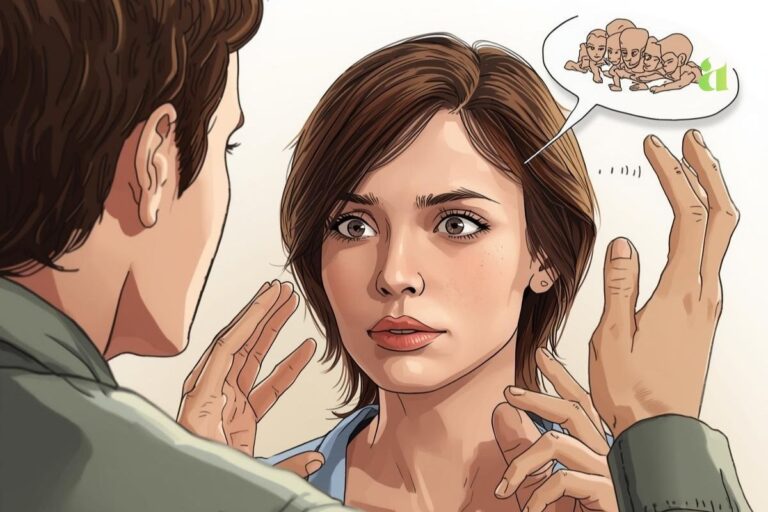The Psychology of Dreams: What Do They Mean?
Introduction: When the Mind Speaks in Symbols
Have you ever woken up from a dream so vivid that it felt real? Or maybe you’ve had a recurring dream that made you wonder — what is my mind trying to tell me?
For centuries, dreams have fascinated philosophers, psychologists, and mystics alike. Are they random stories our brain creates while we sleep? Or are they messages from the subconscious mind, revealing truths we’re too busy to notice while awake?
Let’s dive into the psychology of dreams, understand their meanings, and explore what they reveal about our thoughts, emotions, and hidden desires.
🧠 What Are Dreams?
Dreams are a sequence of thoughts, emotions, and imagery that occur during sleep — primarily in the REM (Rapid Eye Movement) stage.
While some scientists view dreams as mere biological events, dream psychology suggests they’re shaped by our emotions, fears, memories, and daily experiences.
Psychologists have long debated their purpose:
- Do dreams help us solve problems?
- Do they reveal repressed emotions?
- Or are they simply creative expressions of the sleeping brain?
The truth likely lies somewhere in between — dreams are both biological and psychological, reflecting the deep interplay between our body and mind.
Why Do We Dream?
Despite decades of research, there’s no single answer to why we dream. But here are the most influential theories in the psychology of dreams:
✅ Freud’s Psychoanalytic Theory – Sigmund Freud believed dreams reveal repressed desires and hidden emotions. He called dreams “the royal road to the unconscious.”
✅ Activation-Synthesis Theory – Proposed by Hobson & McCarley, this theory suggests dreams are random brain activity that our mind tries to make sense of.
✅ Cognitive Theory – Dreams help us process information, organize thoughts, and consolidate memories.
✅ Emotional Regulation Theory – Modern psychologists believe dreams help us manage feelings like anxiety, fear, and grief.
Whatever the explanation, it’s clear that our dreams are far from meaningless — they reflect the language of the subconscious.
🌙Types of Dreams and Their Psychological Meanings
Every dream is a window into your inner world. Here are the most common types and what they may symbolize:
🌜 Lucid Dreams: When you become aware you’re dreaming and can sometimes control the outcome — linked to creativity and self-awareness.
🌜 Nightmares: Often connected to stress, trauma, or unresolved fear.
🌜 Recurring Dreams: These often point to patterns or issues in your waking life that need attention.
🌜 Prophetic Dreams: Some believe they predict the future, though science attributes them to subconscious intuition.
🌜 Symbolic Dreams: Full of metaphors — like water representing emotions or flying symbolizing freedom.
Understanding these can deepen your emotional awareness and even guide your personal growth.
🪶 How to Interpret Your Dreams
Dream interpretation is both an art and a reflection practice. Try these steps:
📓 1. Keep a Dream Journal: Write down every dream right after waking up — details fade quickly. Patterns will emerge over time.
💭 2. Analyze Your Emotions: What did you feel — fear, joy, relief, confusion? Emotions hold the key.
🔍 3. Identify Symbols: Common dream symbols like water (emotions), falling (loss of control), or being chased (avoidance) carry meaning.
🌐 4. Connect to Real Life: Ask yourself — what part of my waking life mirrors this dream?
📘 5. Use Dream Dictionaries Mindfully: They’re helpful starting points but remember, your context defines your meaning.
🧬 The Science Behind Dreams
From a scientific viewpoint, dreams happen during REM sleep, when brain activity peaks and the prefrontal cortex (logic center) quiets down. This allows creativity and emotion to take over.
Research reveals fascinating findings:
- Lucid dreamers can train their awareness inside dreams — used in therapy and creativity enhancement.
- Dreaming helps with memory consolidation, storing emotional and experiential data.
- Studies suggest dreams contribute to emotional healing, helping process unresolved conflicts.
🔮 Can Dreams Predict the Future?
Across cultures, people have believed in prophetic dreams — visions that foresee events. Science, however, offers a grounded view.
Your subconscious mind constantly processes subtle signals — gestures, energy, intuition — that your conscious mind may overlook.
So when you “dream” of something that later happens, it might be your subconscious connecting the dots faster than awareness could.
Dreams may not predict the future, but they often prepare you for it. 🌙
🌸 Final Thoughts — Are Dreams a Window to the Mind?
Dreams bridge the conscious and subconscious, revealing what lies beneath the surface of our waking lives. Whether they’re fragments of memory or whispers of intuition, each dream carries meaning.
Exploring your dreams helps you:
✔ Understand hidden emotions
✔ Process life experiences
✔ Connect more deeply with yourself
So the next time you wake from a vivid dream — don’t dismiss it. Write it down. Reflect on it. Listen to what your mind is trying to tell you.
Because sometimes, the answers we seek are already within us — waiting to be dreamt. 🌙✨
🪷 Key Takeaways
✔ Dreams reflect emotions, desires, and the subconscious mind.
✔ Each dream type has unique symbolism and purpose.
✔ Keeping a dream journal enhances self-awareness.
✔ Science links dreams to memory and emotional balance.
✔ While not prophetic, dreams often reveal subconscious insights.







